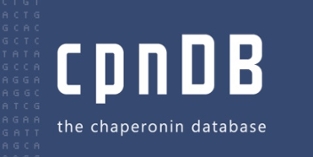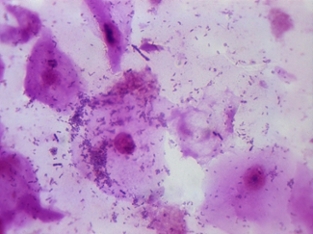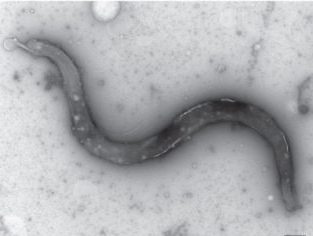cpnDB

Released to the public in August, 2004, cpnDB is a curated database of chaperonin sequences. The cpn60 barcode sequence can be amplified with universal primers and the sequence provides better resolution of bacterial species than 16S rRNA sequences. The cpn60 barcode provides a robust target for detection, identification and quantification of bacteria, and has been applied in diagnostic investigations and in microbiome studies.
Watch a 10 minute talk from Dr. Hill about cpn60-based methods here.
Microbial ecology in reproductive health and disease

Disturbances in the balance of the vaginal microbiome is associated with troubling symptoms that affect quality of life of women. These changes can also be associated with reproductive health issues that affect women and their families. We use cpn60 barcode sequencing to study microbiome composition, and also culture isolates in the lab for detailed studies of their biology.
Infectious disease diagnostics
One great thing about working at a veterinary college is that we never lack for interesting diagnostic questions! Whether it's wildlife, companion animals or livestock, we are always up for a challenge and often develop new tools and approaches to address infectious disease questions with our clinical colleagues. We are particularly interested in application of high throughput sequencing techniques to pathogen detection.


